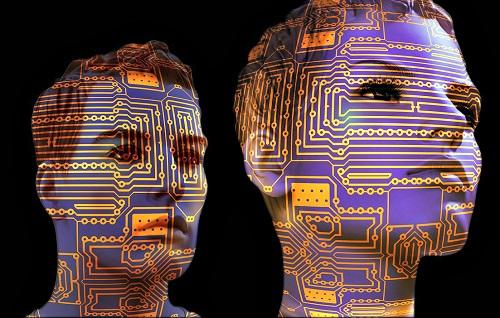What's The Big Problem With Facial Recognition?
Authored by Michael Maharrey via Tenth Amendment Center,
The Oakland City Council recently gave final approval to an ordinance banning facial recognition in that city. This is part of a broader movement at the state and local level to ban outright or at least limit this invasive surveillance technology.
So, what’s the big problem with facial recognition?
There are plenty.
In the first place, it’s just not very accurate, especially when reading African American and other minority facial features. It gets it wrong a lot of the time.
This isn’t just theoretical musing. During a test run by the ACLU of Northern California, facial recognition misidentified 26 members of the California legislature as people in a database of arrest photos.
But as ACLU attorney Matt Cagle said, this isn’t a problem that can be fixed by tweaking an algorithm. There are more fundamental issues with facial recognition. Government use of facial recognition technology for identifying and tracking people en masse flies in the face of both the Fourth Amendment and constitutional provisions protecting privacy in every state constitution.
Berkeley, California, City Councilmember Kate Harrison is pushing for a facial recognition ban in her city. In her recommendation of the ordinance, she pointed out the inherent constitutional problem with facial recognition.
It eliminates the human and judicial element behind the existing warrant system by which governments must prove that planned surveillance is both constitutional and sufficiently narrow to protect targets’ and bystanders’ fundamental rights to privacy while also simultaneously providing the government with the ability to exercise its duties.
Facial recognition technology automates the search, seizure and analysis process that was heretofore pursued on a narrow basis through stringent constitutionally-established and human-centered oversight in the judiciary branch. Due to the inherent dragnet nature of facial recognition technology, governments cannot reasonably support by oath or affirmation the particular persons or things to be seized. The programmatic automation of surveillance fundamentally undermines the community’s liberty.
Facial recognition puts every person who crosses its path into a perpetual lineup without any probable cause. It tramples restrictions on government power intended to protect our right to privacy. It feeds into the broader federal surveillance state. And at its core, it does indeed fundamentally undermine liberty.
https://ift.tt/330X3nO
from ZeroHedge News https://ift.tt/330X3nO
via IFTTT


0 comments
Post a Comment